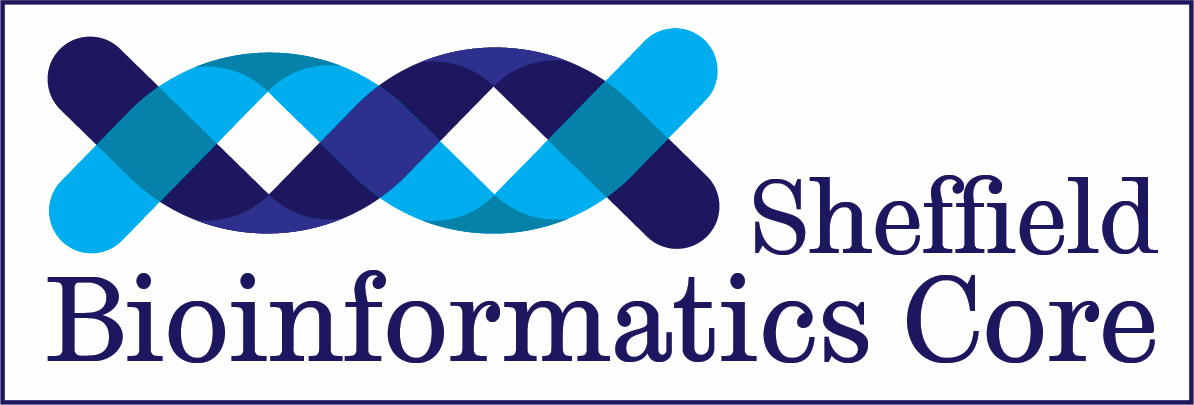In many domains of research the rapid generation of large amounts of data is fundamentally changing how research is done. The deluge of data presents great opportunities, but also many challenges in managing, analysing and sharing data.
This workshop is designed to teach basic concepts, skills and tools for working more effectively with data, using a combination of tools with a main focus in R. The workshop is aimed at researchers in the life sciences at all career stages and is designed for learners with little to no prior knowledge of programming, shell scripting, or command line tools
Please note that this course is funded by the ThinkAhead scheme and only available to staff / students at The University of Sheffield

(right-click and select Save Link as…)
Day 1
Day 2 - Materials
Please leave us feedback using this link
You will need to bring an internet-enabled laptop to the course and install the latest versions of R, RStudio and OpenRefind before coming to the course
Install R by downloading and running this .exe file from CRAN. Also, please install the RStudio IDE. Note that if you have separate user and admin accounts, you should run the installers as administrator (right-click on .exe file and select “Run as administrator” instead of double-clicking). Otherwise problems may occur later, for example when installing R packages.
The latest version of OpenRefine can be downloaded from here:- https://github.com/OpenRefine/OpenRefine/releases/download/3.2/openrefine-win-3.2.zip
Install R by downloading and running this .pkg file from CRAN. Also, please install the free RStudio IDE
The latest version of OpenRefine can be downloaded from here:-
https://github.com/OpenRefine/OpenRefine/releases/download/3.2/openrefine-mac-3.2.dmg
You can download the binary files for your distribution from CRAN. Or you can use your package manager (e.g. for Debian/Ubuntu run sudo apt-get install r-base and for Fedora run sudo yum install R). Also, please install free the RStudio IDE.
Please use this link to register for the course.
For queries relating to collaborating with the Bioinformatics Core team on projects: bioinformatics-core@sheffield.ac.uk
Join our mailing list so as to be notified when we advertise talks and workshops by subscribing to this Google Group. You can also connect with us on Linkedin.
Requests for a Bioinformatics support clinic can be made via the Research Software Engineering (RSE) code clinic system. This is monitored by Bioinformatics Core staff, so we will ensure the appropriate expertise (which may involve individuals from multiple teams) will be available to help you
Queries regarding sequencing and library preparation provision at The University of Sheffield should be directed to the Multi-omics facility in SITraN or the Genomics Laboratory in Biosciences.
